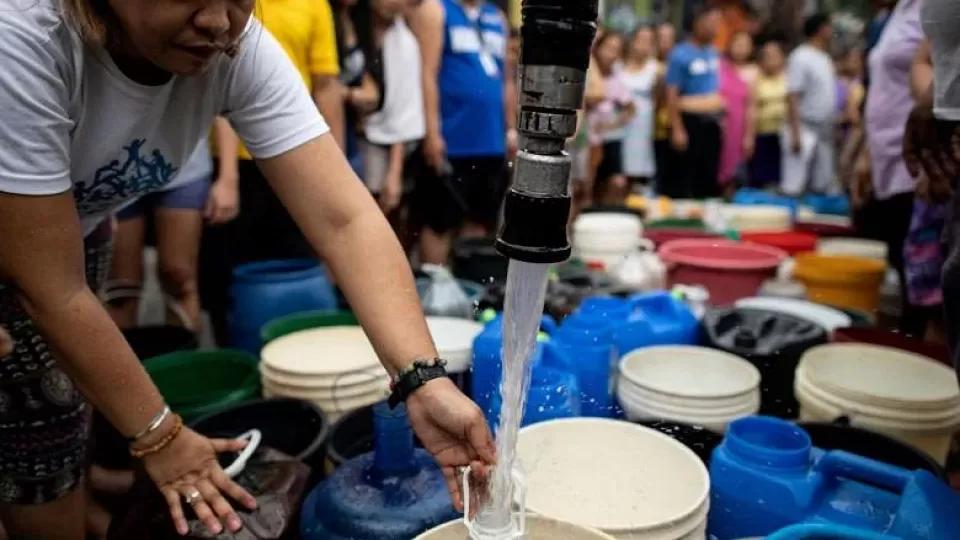Ironically, in our archipelagic country, water is becoming a scarce resource. In the middle of this crisis, how do we assure every Filipino that they will always be able to quench their thirst?
In the land of seven thousand islands, surrounded by the vastness of the Pacific and brimming with countless rivers and lakes, it's ironic that many Filipinos still open their taps to a trickle or, worse, nothing at all. Water, the life-giving force we often take for granted, is becoming a scarce resource in the Philippines. Amidst this crisis, how do we ensure that every Filipino will always be able to quench their thirst?
Water scarcity — two words that seem out of place in a country blessed with abundant water resources. But the grim reality is that many households, particularly in urban and remote areas, struggle with unreliable water supply. The irony of water, water everywhere, but not a drop to drink, rings painfully true in our archipelago.
Addressing water scarcity involves a multi-faceted approach that starts with the efficient management of our water resources. Ensuring that our rivers, lakes, and watersheds are protected and sustainably used is crucial. We need strict implementation of environmental laws and harsher penalties for violators who exploit these resources.
Investing in water
Investment in water infrastructure is another vital piece of the puzzle. We need to develop and maintain efficient water supply systems that can cater to our growing population, especially in water-deprived urban areas. This involves constructing water reservoirs, desalination plants, and efficient sewage systems, and ensuring regular maintenance of these facilities.
Additionally, promoting water conservation habits among Filipinos is a key strategy in combating water scarcity. Every drop saved at home adds up, reducing the pressure on our water resources. Educational campaigns to raise public awareness about the importance of water conservation, as well as incentives for households that practice water-saving measures, can play a significant role in this endeavor.
Lastly, addressing water scarcity requires good governance. Government institutions responsible for water management need to be accountable, transparent, and proactive in their duties. They must work hand-in-hand with local communities, private sectors, and non-government organizations to formulate and implement effective water policies and solutions.
Not just environmental
Water scarcity is not just an environmental issue; it's a crisis that impacts our health, livelihood, and overall quality of life. As we face this challenge, let us remember that every drop counts. Let us be stewards of our water resources, cherishing and protecting them for our generation and the ones to come.
Through collective efforts, we can turn the tide on water scarcity, ensuring that every Filipino, regardless of where they live, can open their taps to a reliable flow of clean, life-giving water.

